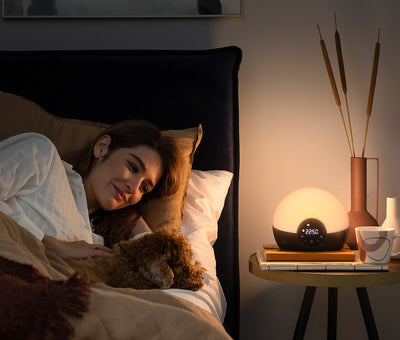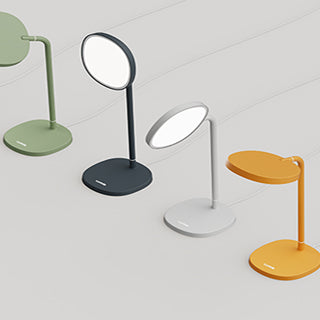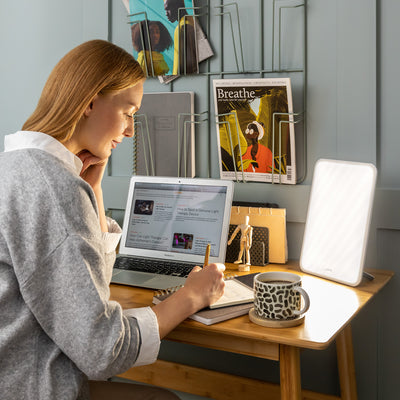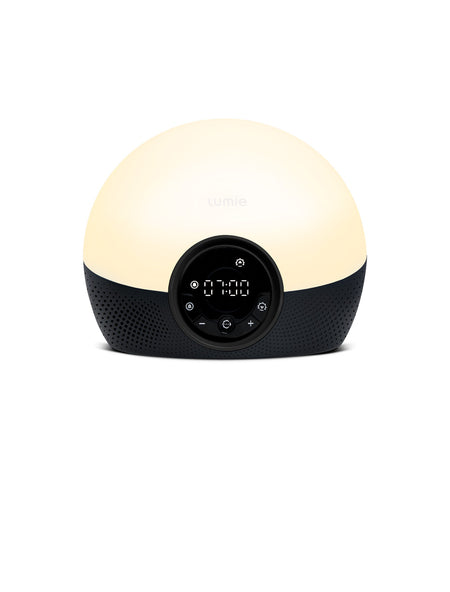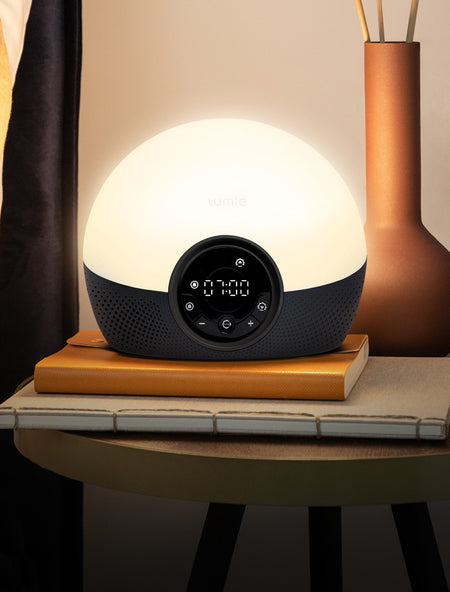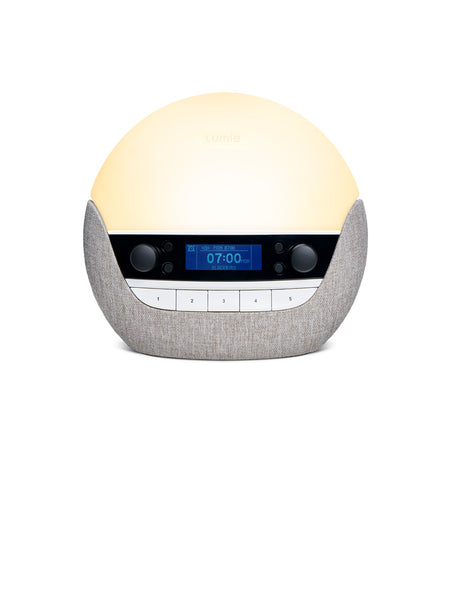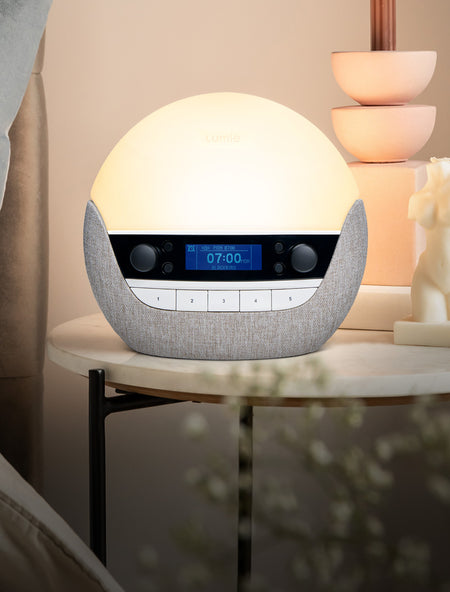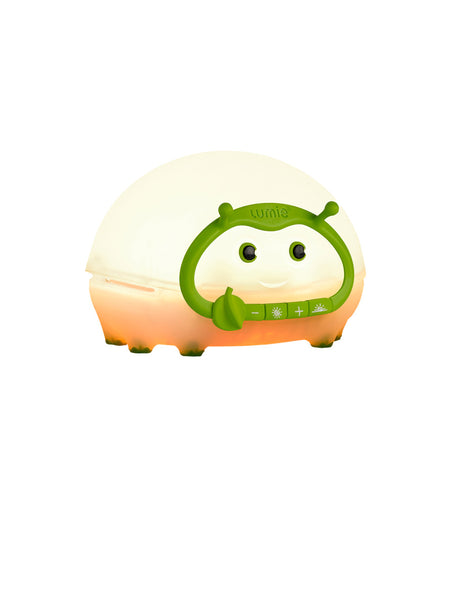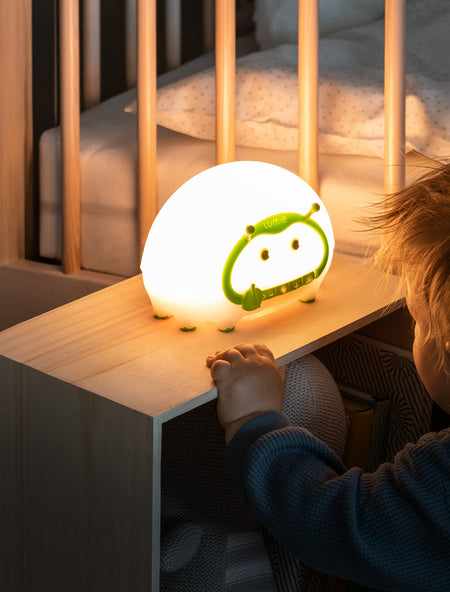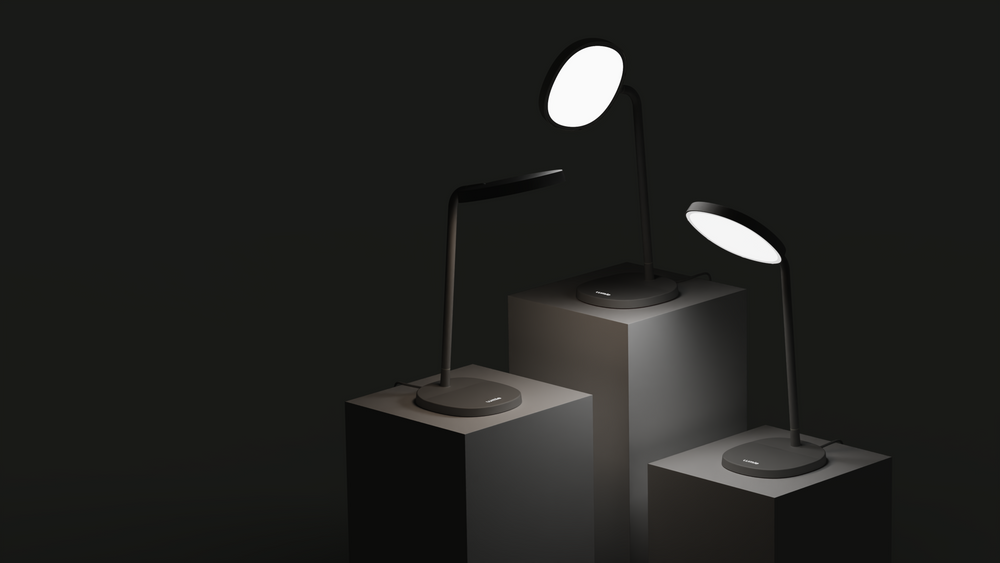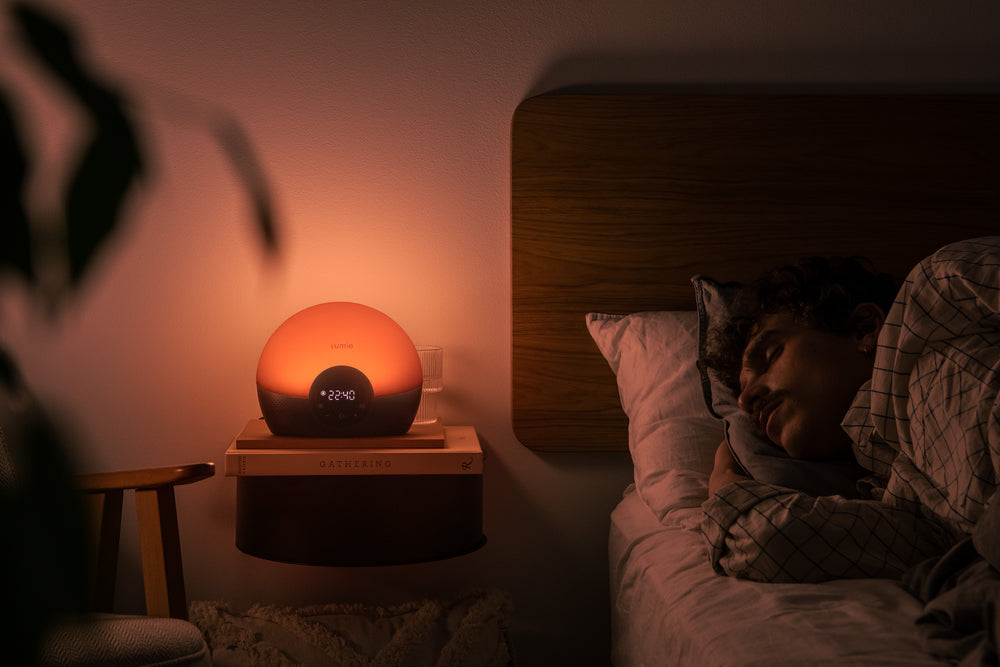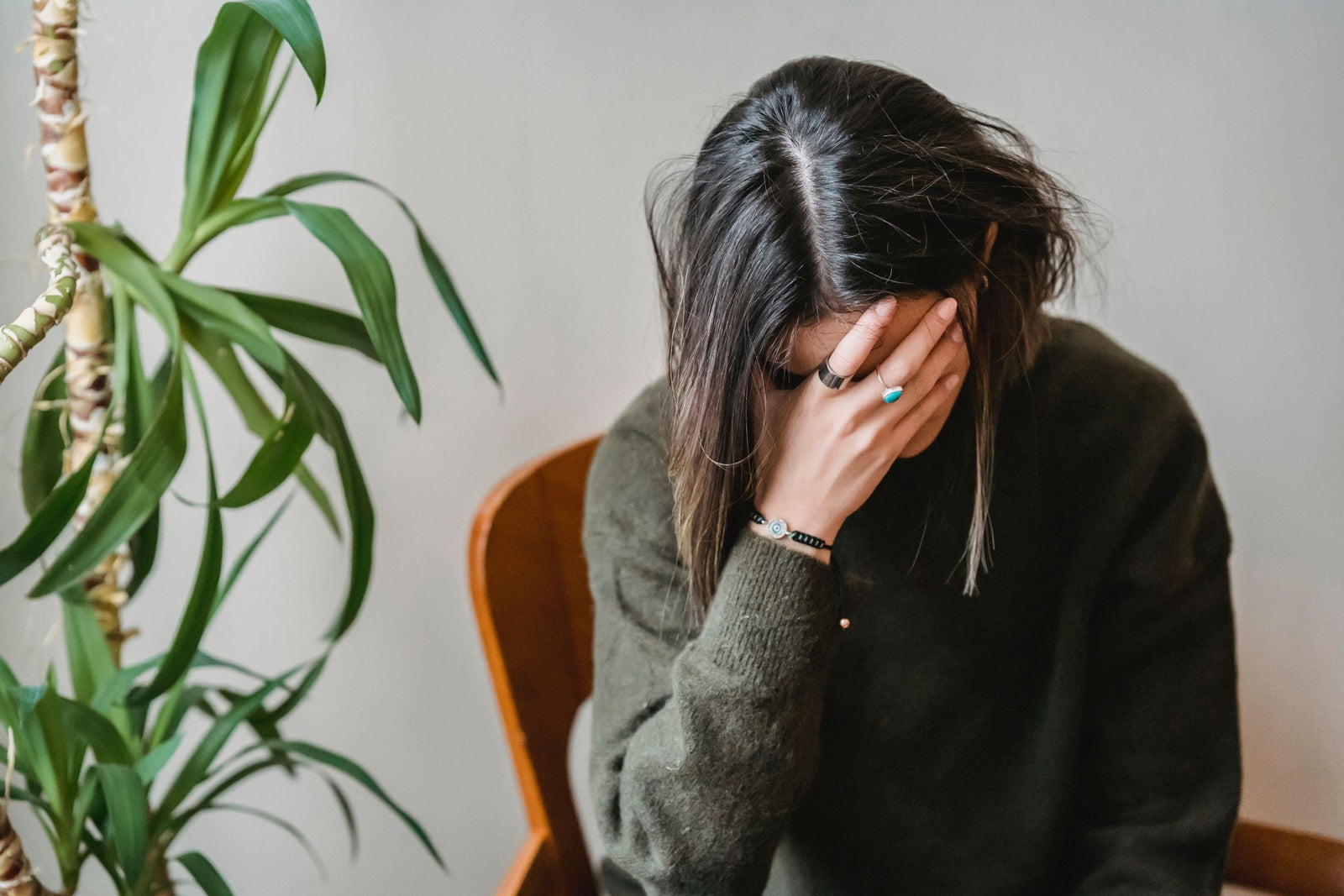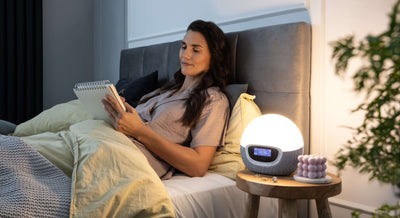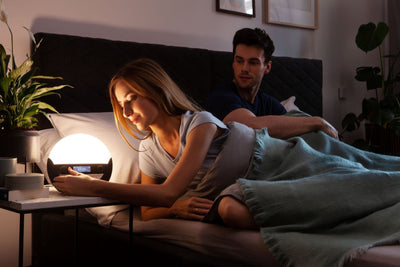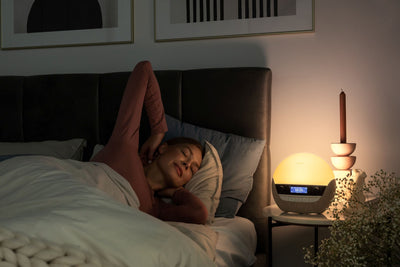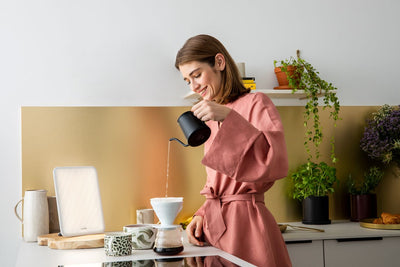How is burnout affecting your sleep?
We all know that mental health and sleep go hand in hand. So, it’s not surprising that feelings of burnout could be coming between you and your best-ever sleep! In fact, according to the National Sleep Foundation, sleeping for less than six hours each night is a key indicator that you may be burnt out.
With exhaustion being synonymous with chronic workplace stress, you'd think a burnt-out brain would be eager to switch off and get a good night’s sleep. You thought wrong! A 2018 study showed that individuals experiencing burnout had ‘significantly higher insomnia troubles, sleep fragmentation and non-restorative sleep.’ But why?
Burnout is a syndrome conceptualised as resulting from chronic workplace stress that has not been successfully managed. It is characterised by three dimensions: feelings of energy depletion or exhaustion, increased mental distance from one’s job, or feelings of negativism or cynicism related to one's job and reduced professional efficacy. - The Definition of Burnout, World Health Organization (WHO)
Those feeling burnt out often experience higher levels of anxiety and depression, which can cause all kinds of sleep problems. Feeling stressed and anxious makes it difficult for your brain to unwind and prompts your body’s ‘fight or flight response’. This elevates your heart rate, increases your temperature, and boosts your body's production of cortisol (your stress hormone!) - not the calmest environment for a good night’s sleep.
Being unable to drift off, still feeling exhausted after a full night’s sleep and waking up in the middle of the night could all be signs that burnout is affecting your sleep! Sleep plays a fundamental role in the effective function of nearly all systems of the body, so a prolonged period of sleep deprivation could lead to a number of health problems, such as diabetes, cardiovascular disease, hormonal abnormalities and immunodeficiency.
We know that our sleep and mental wellbeing are inextricably linked, with disruptions to the quality, quantity and timing of our sleep occurring in a number of mental health conditions. Burnout results from chronic stress at work and it is not surprising that it is linked to disturbed sleep. Prioritising our sleep is crucial for our mental health and will have positive effects on our work and home life. - Dr Vikki Revell, Senior Lecturer in Translational Sleep and Circadian Physiology

But this isn’t a one-way street. If you’re feeling stressed, you struggle to sleep. If you struggle to sleep, you feel stressed. This is something known as the sleep/stress cycle, a not-so-fun loop that is difficult to break! As we’ve discovered, burnout has a detrimental affect on our sleep, but poor sleep can also lead to feelings of exhaustion, lack of motivation and anxiousness – all common symptoms of burnout. So, it's important to note that not getting enough sleep could actually exaggerate these feelings.
Junior doctors whose sleep is chronically restricted due to working long hours or shifts have almost double the rate of burnout compared to the general population. Police officers who suffer from clinical sleep disorders such as sleep apnea are also at increased risk of experiencing burnout. - Dr Vikki Revell, Senior Lecturer in Translational Sleep and Circadian Physiology

If you think you may be experiencing burnout, it's so important to reach out and ask for help. You're not in this alone! Mental health charity Mind has some great resources on how to approach mental health at work if you need help talking to your manager about how you feel.
As burnout and sleep are inextricably linked, making sure your sleep hygiene is the best it can be can help reduce exhaustion and anxiety. Discover Sophie Cliff aka The Joyful Coach's top tips for reducing stress before bed or read our 5 Ways to Create a Restful Sleep Environment.
